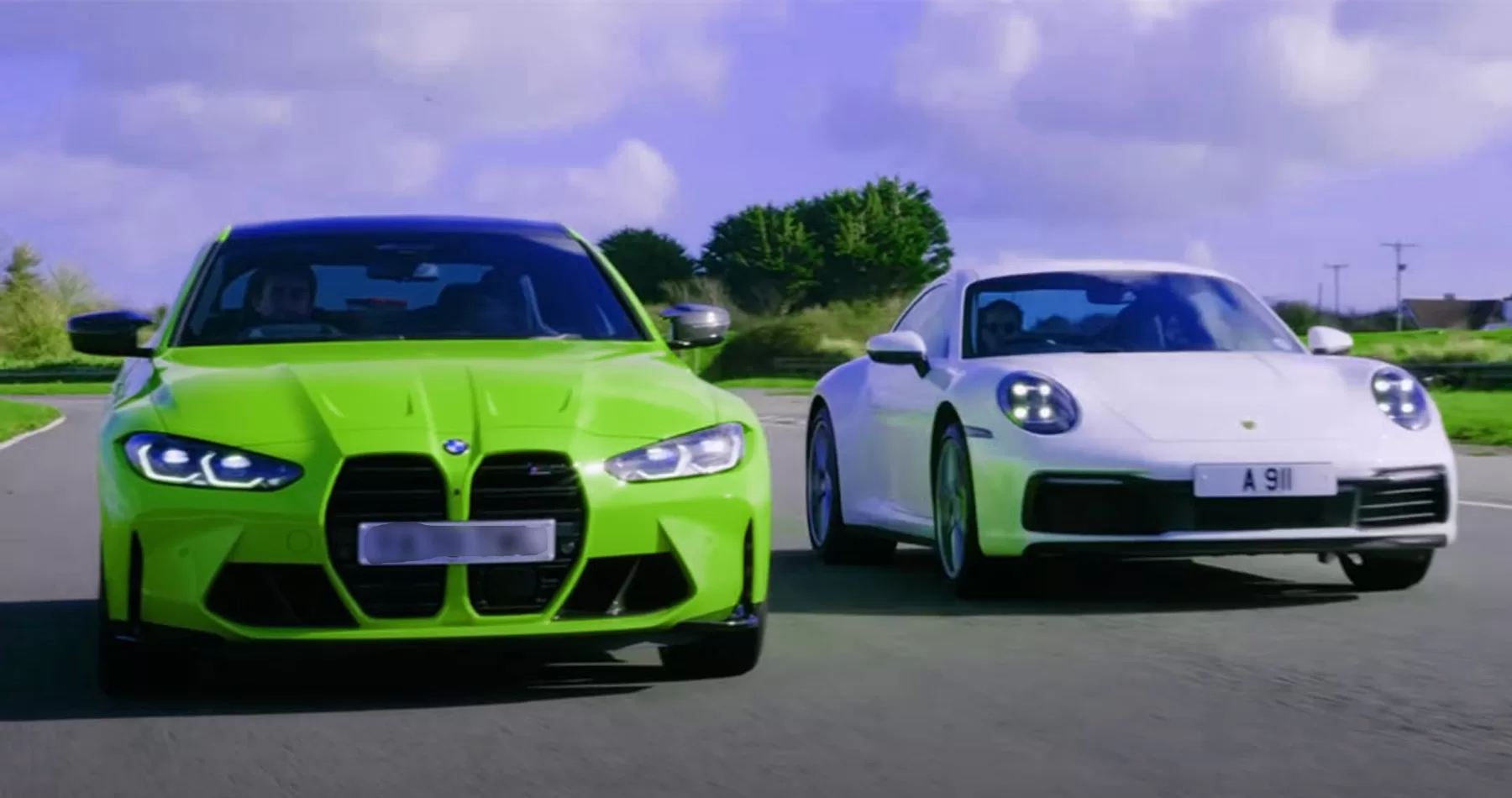Porsche and BMW are two names that stand out prominently in the world of luxury and performance cars. Both of these iconic brands have a long history and a devoted fan base. In this article, we will look at the differences between Porsche and BMW, focusing on their distinct characteristics, brand philosophies, and driving experiences.
Porsche vs BMW- A Detailed Comparison
1. Brand Origins and Heritage
Porsche:
Ferdinand Porsche founded Porsche, a German automobile manufacturer, in 1931. Before beginning to build cars, the company began as a consulting and design firm. Porsche is well-known for its engineering prowess, particularly in the design of sports cars.
BMW:
Bayerische Motoren Werke AG, abbreviated as BMW, was founded in Germany in 1916. The company is well-known for producing premium vehicles that prioritize performance, luxury, and innovation. BMW offers a wide range of vehicles, including sedans, SUVs, and sports cars.
2. Design Philosophy
Porsche:
Porsche is synonymous with distinctive and timeless design. For decades, their sports cars, such as the 911, have retained their iconic silhouette. Porsche designs cars with an emphasis on aerodynamics, balance, and functionality, resulting in vehicles that are not only visually appealing but also highly efficient on the road.
BMW:
BMW places a strong emphasis on the “Ultimate Driving Machine” philosophy, which translates into vehicles that are designed for performance and driving enjoyment. While BMWs are visually appealing, their designs frequently strike a balance between elegance and sportiness. The kidney grille and Hofmeister kink are instantly recognizable design elements for the brand.
3. Performance and Driving Experience
Porsche:
Porsche is well-known for producing some of the finest sports cars in the world. Their vehicles are designed for precision and thrills, with responsive handling and impressive acceleration. The Porsche 911, Cayman, and Boxster are excellent examples of sports cars that offer an exciting driving experience.
BMW:
BMW’s emphasis on driving pleasure is reflected in its tagline, “Sheer Driving Pleasure.” BMW vehicles are known for their dynamic performance, with a variety of engines and drivetrains to suit a variety of driving styles. BMW M3 and M5 models have exceptional power and handling.
4. Model Range
Porsche:
While Porsche is best known for its sports cars, such as the 911 and 718 series, the brand’s lineup has expanded to include SUVs such as the Cayenne and Macan. These SUVs continue to prioritize performance, distinguishing them in their respective segments.
BMW:
BMW has a larger vehicle lineup, including sedans like the 3 Series and 5 Series, SUVs like the X3 and X5, and sports cars like the Z4. This variety enables BMW to serve a broader range of customers and driving preferences.
5. Technology and Innovation
Porsche:
Porsche incorporates cutting-edge technology into its vehicles with the goal of improving the driving experience. Porsche’s adaptive suspension management and torque vectoring systems help their sports cars handle precisely. Furthermore, Porsche’s electric car, the Taycan, demonstrates the company’s commitment to innovation.
BMW:
BMW is at the forefront of automotive technology, with its lineup including cutting-edge infotainment systems, driver assistance features, and electrified models. BMW’s electric vehicles, the i4 and iX3, are examples of both sustainability and performance.
6. Price Range
Porsche:
Porsche automobiles are priced higher in the luxury and sports car markets. The premium pricing of the brand’s vehicles reflects its commitment to performance and craftsmanship.
BMW:
BMW offers a diverse range of vehicles at various price points, ranging from entry-level luxury vehicles to high-performance M models. This adaptability makes BMW more appealing to a wider range of customers.
Conclusion
In conclusion, while both Porsche and BMW are German automakers known for their engineering prowess and commitment to performance, they differ in several key ways. Porsche is known for its iconic sports cars, timeless design, and precision engineering, whereas BMW has a diverse lineup that emphasizes the “Ultimate Driving Machine” experience and a wider price range to appeal to a wider range of customers.
Individual preferences, driving priorities, and budget constraints ultimately determine the choice between Porsche and BMW. Whether you prefer the classic elegance of a Porsche or the dynamic thrill of a BMW, both brands provide unique driving experiences that are sure to please automotive enthusiasts worldwide.
